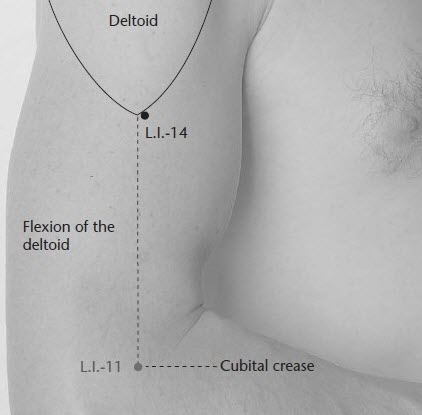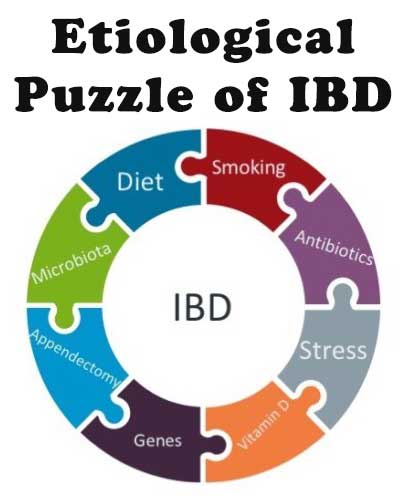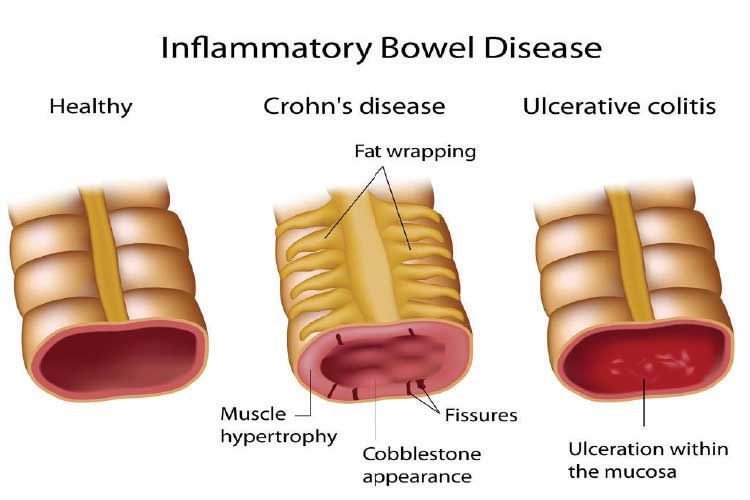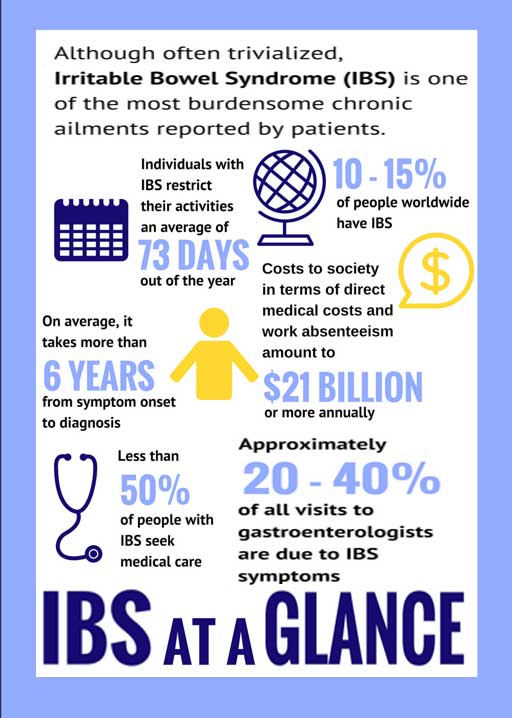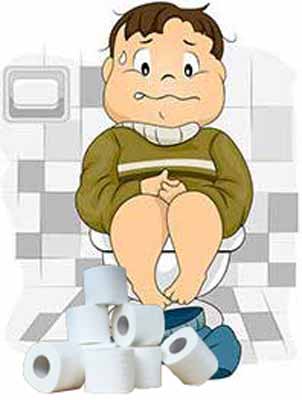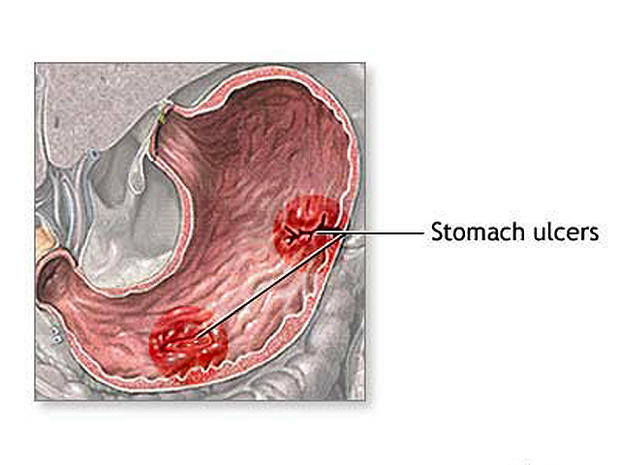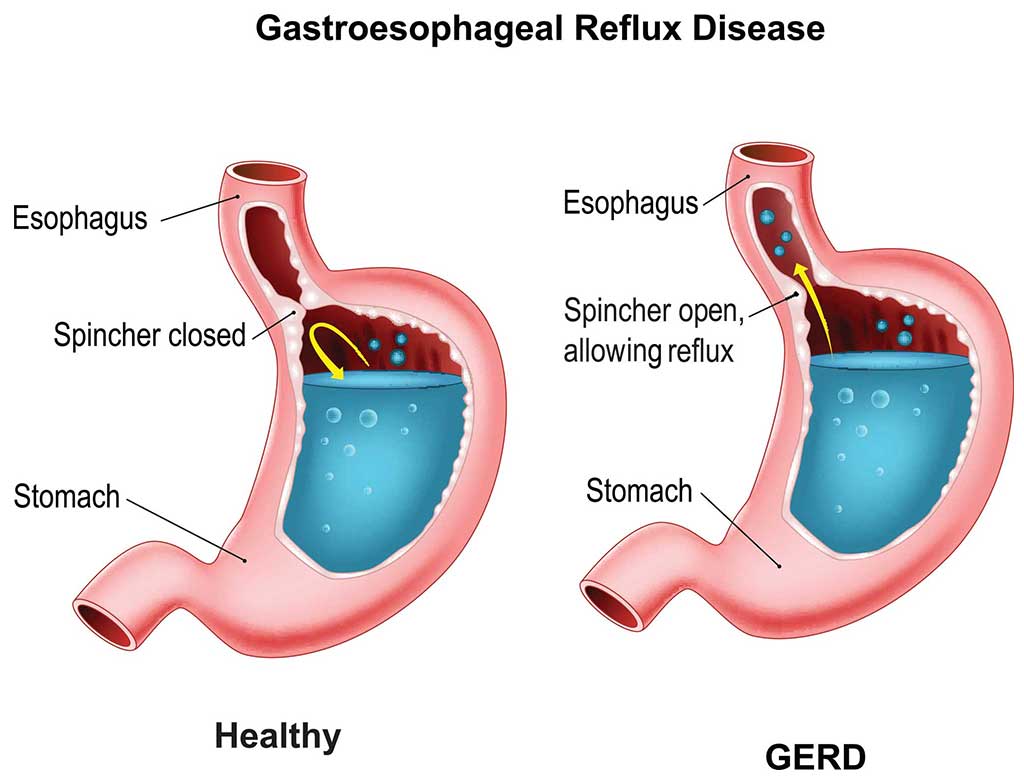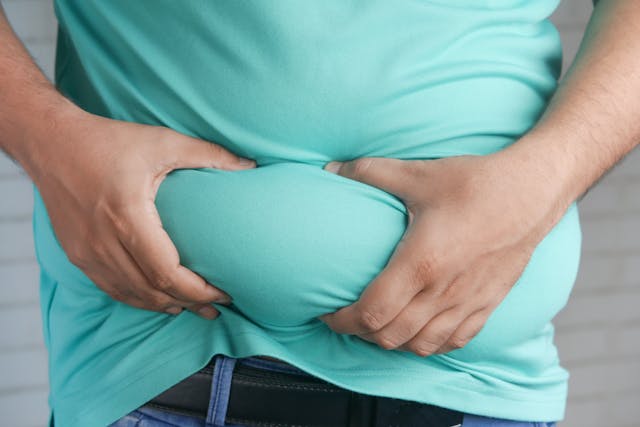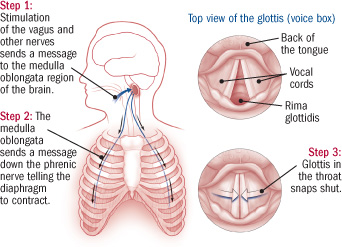Treatments
>
Gastrointestinal
Treatments -> Gastrointestinal
Treatments for Gastrointestinal Conditions
Click on any of the items below to jump down the page to the relevant section.
We have included information about how you can benefit from Acupuncture Treatments and how they work.
We will be adding more relevant information to some sections very soon. Please check back.
Constipation:
Constipation Acupuncture can help with both acute and chronic constipation. This large study showed relief that lasted past 3 months for many participants, after the 8 week study was completed.
The symptoms of constipation can include:
- Infrequent bowel movement – less than 3 times a week
- Difficulty in having bowel movement
- Sense of incomplete bowel movement
- Abdominal pain or swollen abdomen
- Pain and vomiting
- Occasional diarrhea caused by obstruction of the colon
There are 6 or more important points on the body that we can use to help relieve this condition.
IBD - Inflammatory Bowel Disease:
IBD usually presents either as ulcerative colitis (UC) or Crohn’s disease (CD).
UC attacks the inner lining of the colon or rectum, causing long-lasting inflammation and ulcerated tissue. CD is characterized by inflammation of the deeper linings of the intestinal wall, which often spreads deep into affected tissues. Although conventional medicine offers little successful treatment for these ailments, many medicines are prescribed to reduce inflammation and other uncomfortable symptoms. Both ulcerative colitis and Crohn’s disease usually involve severe diarrhea, abdominal pain, fatigue and weight loss. People suffering from either of these conditions quite often find a measure of relief with regular acupuncture sessions to address inflammatory responses to stress or diet.
This 2018 Oxford research study attempted to prove that there might be a way to address this very common problem that at that time was known to have affected “approximately 1.6 million Americans, with an annual financial burden of approximately $31 billion”. This study is based on the findings in previous studies that “Acupuncture has been shown to decrease disease activity and inflammation via increase of vagal activity in inflammatory bowel disease. Acupuncture has demonstrated beneficial roles in the regulation of gut dysbiosis, intestinal barrier function, visceral hypersensitivity, gut motor dysfunction, depression/anxiety, and pain, all of which are factors that can significantly impact quality of life in patients with inflammatory bowel disease .”
IBS - Irritable Bowel Syndrome:
Many who suffer with the various symptoms associated with Irritable Bowel Syndrome (IBS) seek relief from acupuncture. While some medical practitioners use IBS as a “one size fits all” diagnosis, practitioners of Traditional Chinese Medicine (TCM) approach IBS on an individual, symptom-by-symptom basis. Avoiding a standard IBS diagnosis helps to avoid a blanket IBS treatment. According to Traditional Chinese Medicine, what is commonly referred to as IBS is mainly caused by the infection of the gastrointestinal system. In TCM, infection is believed to be caused by the pathogenic factors of dampness and heat, either obtained externally (such as from weather) or generated internally (such as internal injury from improper food).
According to the British Acupuncture Council:
The term “Irritable Bowel Syndrome” describes a collection of symptoms, commonly including chronic abdominal pain, bloating, flatulence and altered bowel habits. It is a functional disorder of the intestines, not associated with any abnormalities seen on routine clinical testing.
Irritable Bowel Syndrome (IBS) or “spastic colon” is a functional bowel disorder. IBS is fairly common, and makes up 20-50% of visits to gastroenterologists. Women are affected three times more than men, with the average age of onset being between 20 and 40. Systematic reviews of the research literature suggest that conventional medications are of limited benefit in IBS.
Traditional Chinese Medicine uses acupuncture to remove dampness and heat from within the system by selecting certain acupuncture points along the meridians of the stomach and large intestine, most of which are located along the lateral side of the legs and arms. This causes IBS symptoms to dissipate. At the same time, reinforcement techniques can be used to strengthen the body’s immune system, while reducing techniques can relieve stress, thereby preventing future exacerbation of the disorder.
The role of hormones in IBS is not yet fully understood. Menstruation is known to often be a trigger IBS symptoms, while pregnancy and menopause can either worsen or improve symptoms. Hormone replacement therapy is associated with an increased risk of developing IBS. Western medicine treats IBS with anti-spasmodic or anti-diarrhea medication, diet modification and stress reduction techniques.
This 2018 study investigated the genetic and psychological factors affecting individuals with IBS:
Research has shown that acupuncture treatment may benefit IBS symptoms by:
- Providing pain relief (Pomeranz 1987).
- Regulating the motility of the digestive tract (Yin 2010, Chen 2008).
- Raising the sensory threshold of the gut. Various possible mechanisms have been identified, involving spinal nerves and NMDA receptors and a range of neurotransmitters (Xu 2009, Ma 2009, Tian 2008, Tian 2006, Xing 2004). A lowered threshold to bowel pain and distention are hallmarks of IBS.
- Increasing parasympathetic tone (Schneider 2007b). Stress activates the sympathetic nervous system, which can stimulate colon spasms, resulting in abdominal discomfort. In people with IBS, the colon can be oversensitive to the smallest amount of conflict or stress. Acupuncture activates the opposing parasympathetic nervous system, which initiates the relaxation or ‘rest and digest’ response.
- Reducing anxiety and depression (Samuels 2008). The distress provoked by IBS symptoms can lead to a vicious cycle of anxiety-pain-anxiety, while the embarrassing nature of the condition can lead to feelings of depression. Acupuncture can alter the brain’s mood chemistry, increases production of serotonin and endorphins (Han 2004), helping to combat these negative affective states.
There is consistent evidence that a course of acupuncture improves IBS symptoms and general well-being (Anastasi 2009, Trujillo 2008, Reynolds 2008, Schneider 2007b, Xing 2004, Lu 2000)
Nausea:
As caused by Western Medication, or during Pregnancy, or as a side effect of Cancer Treatment
Nausea is the sensation that leads a person to have the urge to vomit. Nausea may be caused by a variety of factors, including migraine headaches, food poisoning, allergies, and as a side effect of western medications.
Pregnant women often suffer nausea as a symptom of “morning sickness”. Acupuncture treatments usually greatly reduce and sometimes entirely eliminate early pregnancy-related nausea.
Cancer patients sometimes experience nausea as a side effect of chemotherapy. Acupuncture usually helps improve the appetite and reduce nausea resulting from chemotherapy, which increases the chances of success and completion of an entire course of treatment.
More than three dozen randomized controlled studies have been published showing that acupuncture point stimulation can treat or prevent nausea and vomiting.
Some research showing the effectiveness of acupuncture on nausea:
- Acupuncture to treat nausea and vomiting in early pregnancy: a randomized controlled trial
- A general reference to Acupuncture
Diarrhea:
This is a problem that everyone will experience from time to time. You probably don’t need to be told the symptoms.
Although the occasional bout of Diarrhea isn’t usually a cause for concern, chronic Diarrhea can be associated with many systemic issues. Luckily acupuncture is often an effective treatment for Diarrhea symptoms.
Ulcers:
Peptic Ulcers:
Peptic ulcers are a common health problem that occur in the stomach (gastric ulcers) or the upper part of the small intestine, typically manifesting in duodenal ulcers. Traditional Chinese Medicine (TCM) principles specify that peptic ulcers are often due to dysfunction of the stomach and liver. TCM principles also hold that spleen/pancreas and stomach weakness is the underlying root cause of the disease. One complete study is described here:
TCM theory holds that diet, pathogens, and stress play key roles in the development of digestive disorders. Ulcers in particular are viewed as a disharmony between the stomach and liver networks. I see many more conditions of gastroesophageal reflux disorder (GERD) – a precursor condition – than ulcers. The treatment for both conditions focuses on harmonizing the stomach and liver systems, healing the lining of the digestive tract, supporting the functions of digestion, and easing pain and discomfort.
A major cause of ulcers is bacterial infection. The bacteria Heliobacter pylori erodes the stomach lining, causing a reduction in the protective mucous membrane and stimulating the production of excessive stomach acid. Prolonged use of aspirin and other non-steroidal anti-inflammatory drugs (NSAIDS) has also been linked with ulcers, as have smoking, alcohol use, and stress. Antibiotics and acid blocker medications are often prescribed for ulcers. With the addition of certain dietary and nutritional changes, along with acupuncture and sometimes herbal preparations, ulcers can often be resolved.
According to the Health Care Medical Institute, Acupuncture helps to heal peptic ulcers and prevents relapses. Researchers conclude that acupuncture increases the total effective rate of drug therapy for the treatment of peptic ulcers. Researchers from the Second Affiliated Hospital of Zhongnan University (Hunan, China) combined acupuncture with standard drug therapy. Patients receiving both drug therapy and acupuncture in a combined treatment protocol had superior patient outcomes compared with patients receiving only drug therapy. Furthermore, acupuncture increases the H. pylori-negative conversion rate and decreases the recurrence rate
GERD:
Gastroesophageal reflux disease
Acupuncture alleviates gastroesophageal reflux disease (GERD). Based on research, investigators conclude that acupuncture produces positive patient outcomes for patients with a special type of GERD, called non-erosive reflux disease (NERD). The researchers determined that acupuncture is successful in the treatment of NERD and associated esophageal dysmotility (Liu et al.). Acupuncture significantly improved scoring indices for esophageal dysmotility, GERD symptoms, and lower esophageal sphincter pressure. Acupuncture successfully reduced the frequency and intensity of heartburn, regurgitation, chest pain, and dysphagia (difficulty or discomfort with swallowing).
When the valve (lower esophageal sphincter, LES, or cardiac sphincter) malfunctions, food and stomach acid can travel back up the esophagus and cause a burning sensation.
Other symptoms of GERD include:
- sore throat
- sour taste in the back of the mouth
- asthma symptoms
- dry cough
- trouble swallowing
Talk to your doctor if these symptoms are causing you discomfort. If left untreated, GERD can cause bleeding, damage, and even esophageal cancer.
Some studies proving the effectiveness of acupuncture on GERD:
Bloating & Gas:
Chronic gastritis is a digestive disorder characterized by inflammation of the stomach lining. Gastritis causes indigestion with burning pain of the abdomen, nausea, vomiting, bloating, hiccups, or tarry stools.
Acupuncture is more effective than the histamine-2 blocker, ranitidine, for reducing or eliminating gastric mucosal lesions and inflammation for patients with chronic gastritis. Gastroscopy confirms that acupuncture produced a 96.4% total effective rate and ranitidine produced a 69.9% total effective rate.
To read more about the research on gastritis, check out this article
Hiccups:
You can find information on The Comparison of treatments for hiccups with Acupuncture compared to Steroids here.
According to Wikipedia:
A hiccup (also spelled hiccough) is an involuntary contraction (myoclonic jerk) of the diaphragm that may repeat several times per minute. The hiccup is an involuntary action involving a reflex arc.[1] Once triggered, the reflex causes a strong contraction of the diaphragm followed about a quarter of a second later by closure of the vocal cords, which results in the “hic” sound.
Hiccups may occur individually, or they may occur in bouts. The rhythm of the hiccup, or the time between hiccups, tends to be relatively constant. A bout of hiccups generally resolves itself without intervention, although many home remedies are often used to attempt to shorten the duration.[2] Medical treatment is occasionally necessary in cases of chronic hiccups.


